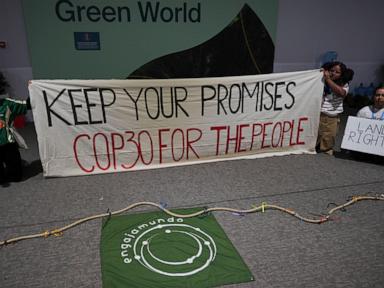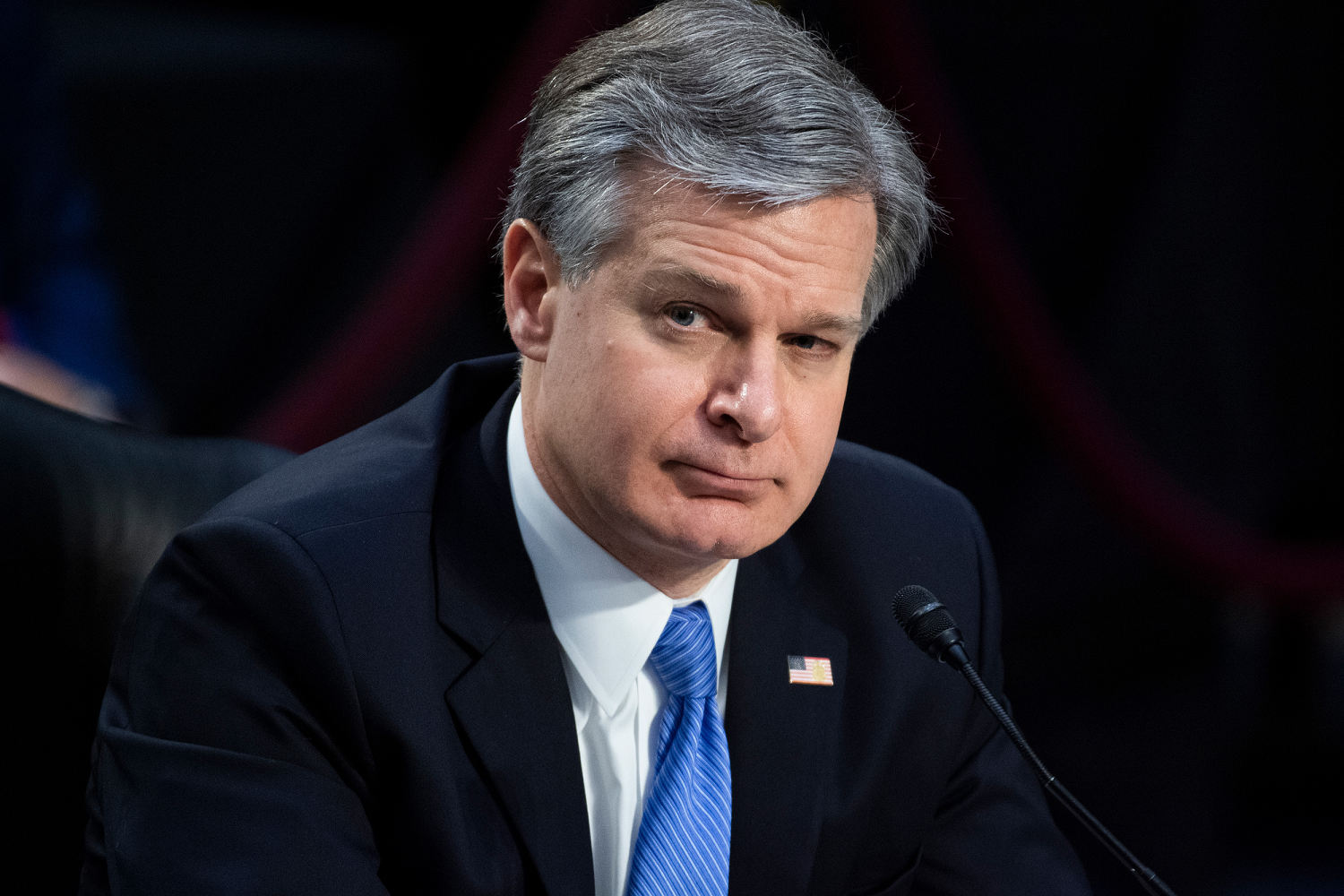That position makes a good deal of sense, given Trump’s well-known skepticism about climate change, intense criticism of windmills and support for the oil and gas industry.
But even under a Republican trifecta, there are narrow-but-important places of bipartisan agreement. Trump has offered cautious support for nuclear energy, which a majority of Americans also back and are far less contentious than either wind and solar or fossil fuels.
That puts Trump, who has promised “new reactors” on day one, in line with a key lame-duck priority of the Biden administration.
Trump’s pick for Energy Secretary, Chris Wright of oil and gas exploration company Liberty Energy, is a proponent of nuclear — which he sees as key to cutting emissions in U.S. oilfields. Wright also backs next-generation geothermal, which uses oil and gas drilling technology to tap the Earth’s interior for clean power.
“I don’t care where energy comes (from), as long as it is secure, reliable, affordable and betters human lives,″ Wright has written.
Alliance with Republicans on these topics can be a tough pill for many Democrats to swallow.
On Tuesday and last week, most House Democrats voted against Republican bills lowering the permitting requirements for geothermal exploration — though dozens crossed the aisle to support the measures.
These alliances are hard in large part because of the large and growing importance of the fossil fuel industry inside the Republican party. Fossil fuel insiders like Wright tend to be skeptical about the severity of the climate crisis, and to support expanded U.S. production of fossil fuels, principally natural gas.
Wright himself argued in April that “outsourcing oil production to foreign countries like Iran, Russia and Venezuela will certainly increase global greenhouse gas emissions.”
But even this position — that U.S. manufacturing and fossil fuels should be supported for its ostensible climate benefits — offers a way forward as well. One such mechanism would be the Sens. Kevin Cramer (R-N.D) and Chris Coons’ (D-Del.) PROVE IT Act, a bipartisan bill that requires Congress to study how carbon intensive U.S. goods are and how that compares to those of its global competitors.
Coons told Politico on Tuesday that he saw a path for “Trump’s trade agenda [to] align with the concerns about emission intensity of industrial goods."
Bob Inglis, a former South Carolina Senator who now heads RepublicEN, a right-leaning climate group, told The Hill that PROVE IT would be particularly powerful if coupled with Sen. Bill Cassidy’s (R-La.) Foreign Pollution Fee Act, which would let the U.S. government charge a tariff on imported goods from countries with dirtier manufacturing.
Inglis argued that such measures would get the U.S. closer to his group’s preferred climate solution: A carbon border tariff analogous to the one that will take effect in the E.U. in 2026.
When it does, Inglis predicted, U.S. companies will have a trade policy-based wakeup call. “You realize that our companies are buying European credits — and that you could have collected that tax here,” he said.
The question for U.S. companies, he said, will be “so would you like to get paid?”
Overall, geothermal activist Jamie Beard of Project Innerspace told The Hill, “it is in periods of upheaval and disruption that the biggest opportunities arise.”
“And I believe alliances built over the coming months will be pivotal,” Beard added.
























